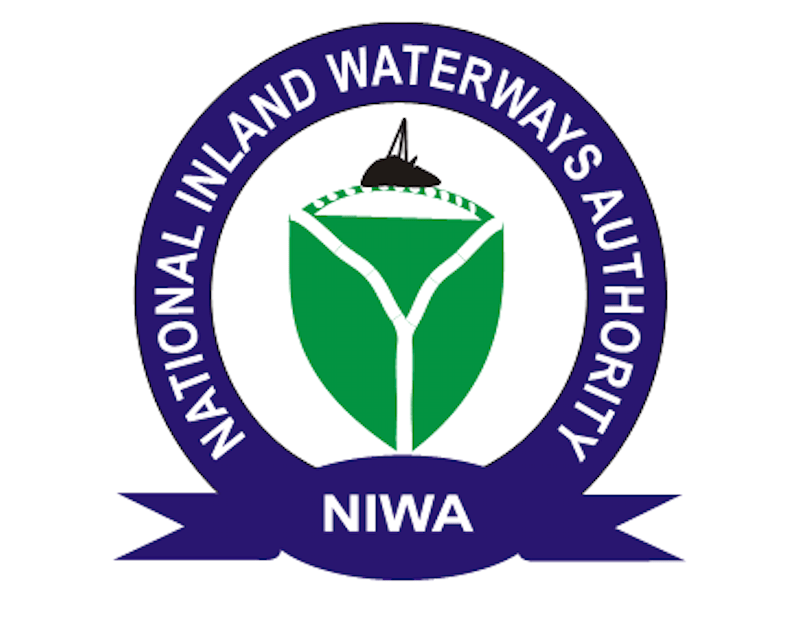In yet another circle of tragedy on our waterways, 42 persons reportedly died in a boat mishap that happened between Badau village and Bagwai in Kano State on November 30. Majority of the dead were pupils of a local Islamiyya school who were travelling to Bagwai to participate in Maulud celebrations marking the birth of Prophet Muhammad.
According to statistical data collected by this newspaper, no fewer than 250 people have so far died in various boat accidents across the country this year. 32 people have been declared missing in the same period. In one of such incidents, 156 persons died in Warah village and Tsihuwan Labata in Ngaski LGA of Kebbi State in May this year.
According to National Inland Waterways Authority (NIWA), the regulatory agency of the waterways, Nigeria’s resource base of waterways spans 10,000 kilometres with about 3,800 kilometres of it navigable seasonally. This is by no means a vast resource, which if utilised effectively will widen the horizon of means of transportation for the country. Many of these routes also lead to neighbouring countries such as Benin republic, Equatorial Guinea, Sao Tome and Cameroon. They can also be used to move goods across the country, thereby saving our roads frequent and costly wear and tear.
Unfortunately, that is not the case. The nation’s water transport sector is bedevilled with myriads of problems ranging from outdated infrastructure to lack of regulation. In most cases, the boats used are locally manufactured and old while there is absolute disregard for safety such as the use of life jackets by passengers. More often, passengers are crammed into boats that have passed their time and journeys are undertaken without due regard to weather conditions or other safety issues.
Attempts by the federal government to rehabilitate four river ports in Lokoja, Kogi State; Baro, Niger State; Onitsha, Anambra State, and Oguta, Imo State have so far been met with little success as work has either been abandoned by the contractors or yet to be put into utilisation after completion. Similarly, important jetties under construction by NIWA along the inland rivers appear to have been abandoned.
It is also sad to note that apart from Lagos State, no other state in the country has an organised water transportation policy. Lagos State Ferry Service has said it plans to begin ferrying 480, 000 Lagosians to their various destinations using its newly acquired boats. One wonders why states like Bayelsa, Kebbi, Rivers, Niger, Adamawa and Taraba could not do the same.
We therefore urge governments at both the federal and subnational levels to take a serious look at the sector. State governments should set up regulatory agencies to oversee the operations of water transport operators within their domains, and to coordinate effectively with similar agencies in other states. If we can set up vehicle inspection agencies to regulate the use of vehicles, it can also be done to ensure boats are reliable and secure for the passengers. It will also eliminate incidences of overloading and travelling in hazardous situations. Governments should also invite the private sector to invest in water transport by creating an enabling environment and incentives.
All of these will not only help to save lives, but will also create employment opportunities for many locals and expand internally generated revenues for the states.
There is also the need for more enlightenment of the public to adhere strictly to all safety measures while using the ferry services. We record high casualties in such accidents because passengers insist on boarding even when such boats are full while the majority do not use life jackets. With wide publicity and planning, the sector can be turned into a gold mine for the citizens and the country. Suffice to emphasise that governments and Nigerians should do more to stop the unnecessary loss of precious lives and property on our waterways and the time to do that is now.

 Join Daily Trust WhatsApp Community For Quick Access To News and Happenings Around You.
Join Daily Trust WhatsApp Community For Quick Access To News and Happenings Around You.


